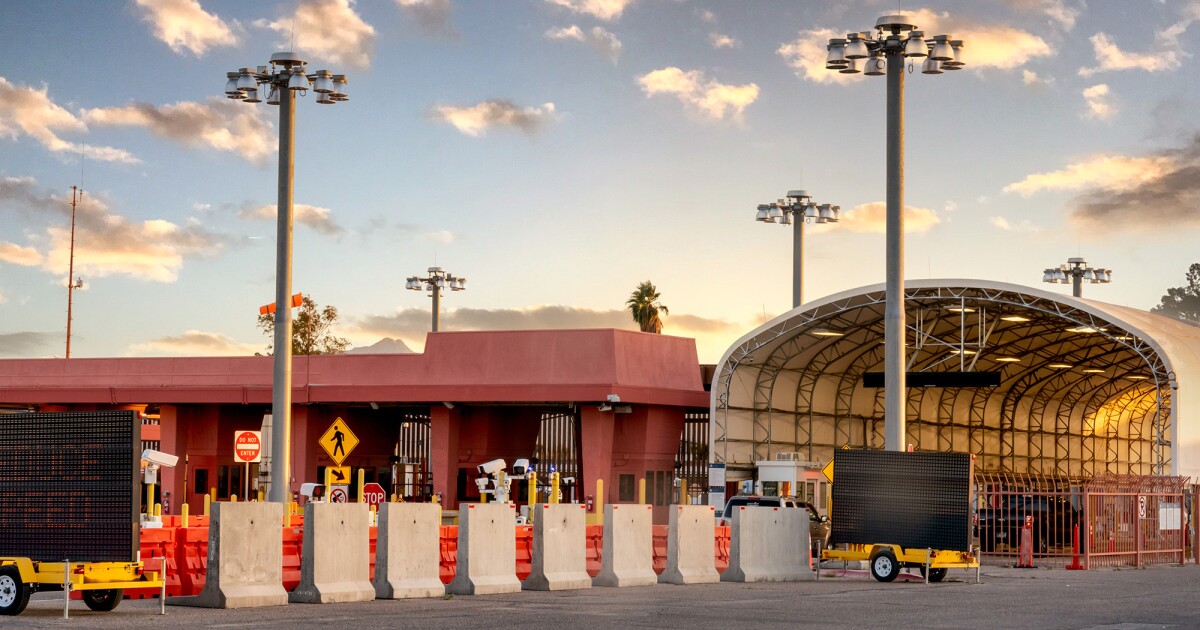New Border Rule Adds Complexity to Asylum Process
The Biden administration has introduced a new regulation that imposes stricter requirements on asylum seekers at the U.S. border, making initial screenings more challenging. This development comes amidst an existing rule that largely prevents migrants apprehended between ports of entry from applying for asylum, often resulting in their return to Mexico or their respective countries.
Under this newly implemented rule, individuals who reach the screening stage face a more rigorous examination process. Robyn Barnard, senior director of Refugee Advocacy at Human Rights First, describes this as an added complexity to the asylum process. “In addition to raising the screening threshold, they now are asking the officers to consider whether the person is subject to one of the statutory bans on asylum,” she explained.
The statutory bans referenced by Barnard include serious accusations such as terrorism or involvement in the persecution of others. These broad and legally intricate issues could potentially disqualify individuals with legitimate claims, such as former child soldiers, from gaining asylum.
According to Barnard, such bars are typically deliberated in immigration courts. The inclusion of these factors in the initial screening could create additional obstacles for asylum officers, who are already under pressure from policies enacted earlier this year that expedite the initial interview process.
“In the past, in the interviews, the officers would be looking just to see basically if the person has a significant possibility of establishing later on at their full merits hearing eligibility for asylum,” Barnard noted. Previously, these interviews might have taken weeks, allowing individuals time to contact family, friends, or secure legal representation. However, the accelerated process now means these interviews could occur within 24 hours of a person’s arrival in the U.S., often conducted over the phone.
This new regulation is set to take effect this week, marking a significant shift in how asylum claims are initially handled at the border.







